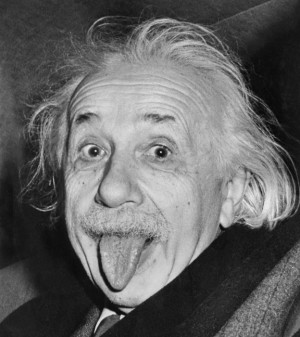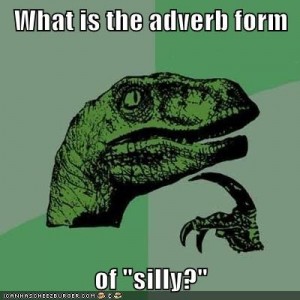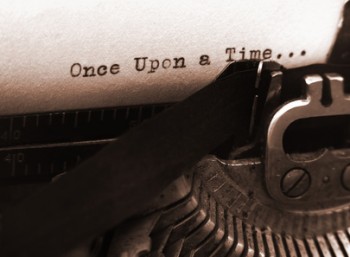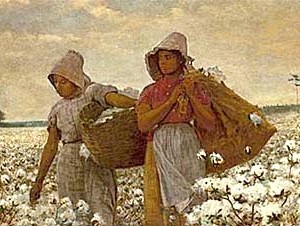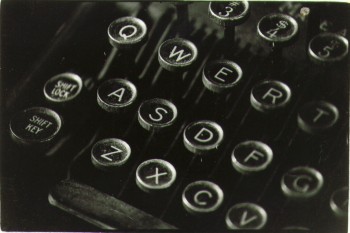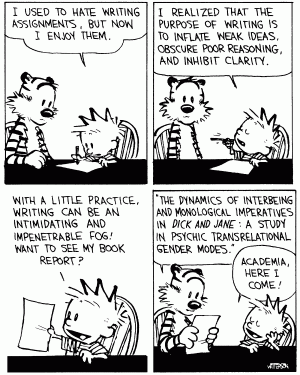Sometimes life gets a little crazy. Metaphors abound: roller coaster, whirlwind, upheaval. But all these words pretty much mean the same thing; sometimes the way things happen isn’t the way you expected them to happen. And more often than not, those things happening can get in the way of other things happening, namely important things like work.
The past four months or so have been a little bit like that for me. We moved halfway around the world, back to the good ol’ US of A after spending 2+ years abroad. Reverse culture shock, anyone? Then there was traveling to visit family and friends. And when we finally got “home” we had to set up our new apartment from scratch. And I mean that literally. No furniture, no pots or pans, not even salt and pepper to season our sad frozen pizzas. Husband started his new job and promptly left town for three weeks, and he had hardly returned when I left town for another three weeks to help with some family stuff in Florida.
You get the picture.
Unfortunately, this kind of whirlwind lifestyle doesn’t suit me. Or rather, it doesn’t suit my work schedule. I used to abhor the very idea of routine, but the past few years have taught me that routine is not only my friend, but my primary ally in the fight against all things anti-work: procrastination, distraction, and more procrastination, to name a few. In fact, the only way I ever get anything done is through following a fairly strenuous routine. And when that routine is taken out back and shot? Well, let’s just say I don’t get much work done.

